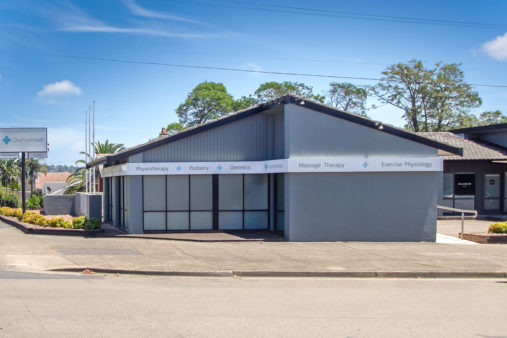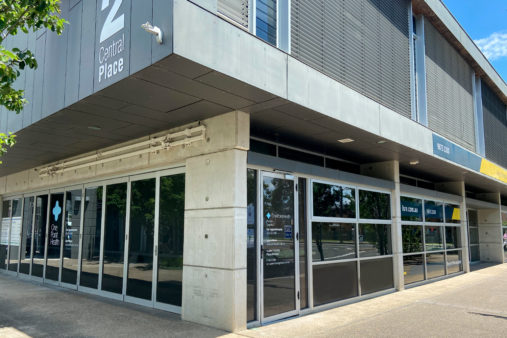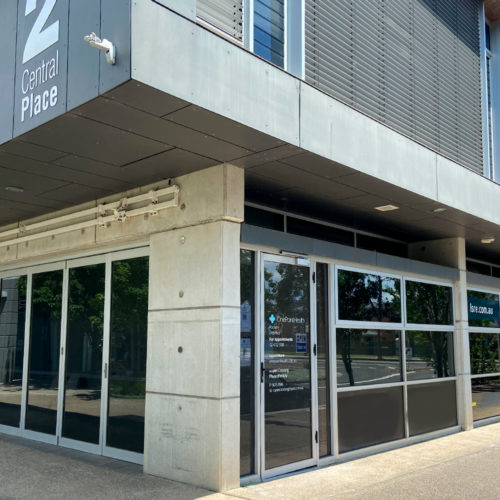Bariatric surgery can be a life-changing weight loss option for those with severe obesity, but consulting with an Accredited Practising Dietitian before and after the procedure is crucial for preparing for surgery, smoothly transitioning through post-op dietary stages, meeting nutritional needs, and achieving long-term weight maintenance.
What is Bariatric Surgery?
Bariatric surgery, often referred to as weight loss surgery, is a transformative medical procedure designed to help individuals struggling with severe obesity shed significant weight and improve their overall health. The primary objective of bariatric surgery is to alter the anatomy of the digestive system, usually by reducing the size of the stomach or modifying its connection to the small intestine. By doing so, these procedures aim to limit the amount of food a person can consume or the absorption of nutrients, ultimately promoting weight loss.
Common types of bariatric surgeries:
- Gastric Bypass: This involves creating a smaller stomach pouch connected directly to the small intestine, curbing both food intake and nutrient absorption.
- Sleeve Gastrectomy: Picture a banana-shaped stomach after the removal of a significant portion, effectively reducing its capacity and leading to decreased food intake.
- Adjustable Gastric Banding: A band is strategically placed around the upper part of the stomach, allowing for adjustments to control food entry.
- Biliopancreatic Diversion with Duodenal Switch (BPD/DS): This procedure involves stomach reduction and rerouting the small intestine to tackle both food intake and nutrient absorption.
Bariatric surgery isn’t a one-size-fits-all solution, and it’s crucial to consider factors like body mass index (BMI) and obesity-related health conditions. Typically recommended for individuals with a BMI of 40 or higher (or a BMI of 35 or higher with related health issues), this surgery becomes a viable option when you have tried all other natural weight loss methods, such as seeing an Accredited Practicing Dietitian and aiming for a calorie restricted diet.
How can an Accredited Practising Dietitian help?
Consulting with a dietitian is crucial for individuals undergoing or considering bariatric surgery for several reasons:
- Preparation for Surgery: Before bariatric surgery, patients typically need to follow a specific pre-operative diet to reduce the size of the liver and make the surgery safer. A dietitian helps individuals navigate this pre-surgery period, ensuring they receive the necessary nutrients while meeting the requirements for the surgical procedure.
- Easing through the diet stages post-surgery: After bariatric surgery, the transition through various dietary stages is carefully orchestrated to facilitate healing and optimise weight loss. The initial phase involves a clear liquid diet to keep the body hydrated, followed by a full liquid diet introducing thicker liquids and nutrient-dense options. The pureed diet incorporates soft, easily digestible foods, preparing the digestive system for the soft diet phase, which introduces more texture and variety. The final stage, the regular diet, gradually reintroduces a broader range of foods while emphasising portion control.
- Customised Nutrition Plans: Post-surgery, the digestive system undergoes significant changes, and individuals need to adapt their eating habits accordingly. A dietitian can create personalised nutrition plans that consider the specific type of bariatric surgery performed and the individual’s health needs. This includes guidance on portion control, nutrient intake, and dietary adjustments to promote weight loss and prevent nutritional deficiencies.
- Nutrient Absorption: Bariatric surgery alters the digestive tract, affecting the absorption of certain nutrients. A dietitian can educate patients on nutrient-rich foods, supplements, and dietary strategies to ensure they meet their nutritional needs despite the changes in digestion.
- Behavioural Support: Bariatric surgery is not just a physical transformation but also involves significant lifestyle changes. A dietitian can provide behavioural support, helping patients develop healthy eating habits, manage emotional eating, and establish a positive relationship with food. This support is crucial for long-term success in weight management.
- Preventing Nutritional Deficiencies: Bariatric surgery patients are at risk of developing nutritional deficiencies due to reduced food intake and altered absorption. A dietitian monitors nutrient levels, identifies potential deficiencies, and recommends appropriate supplements or dietary adjustments to prevent health complications.
- Weight Maintenance: Bariatric surgery is a tool for weight loss, but maintaining a healthy weight in the long term requires ongoing support. A dietitian can assist individuals in making sustainable lifestyle changes, preventing weight regain, and promoting overall well-being.
- Addressing Individual Needs: Each person’s nutritional requirements are unique. A dietitian considers an individual’s medical history, dietary preferences, and lifestyle when creating a nutrition plan. This personalised approach enhances adherence to dietary recommendations and improves overall satisfaction with the post-surgery lifestyle.
Chat with an Accredited Practising Dietitian
Consulting with an Accredited Practising Dietitian is an integral part of the comprehensive care provided to individuals undergoing bariatric surgery. It ensures that patients receive tailored nutritional guidance, support in adapting to post-surgery dietary changes, and assistance in achieving and maintaining a healthy weight in the long term.
















